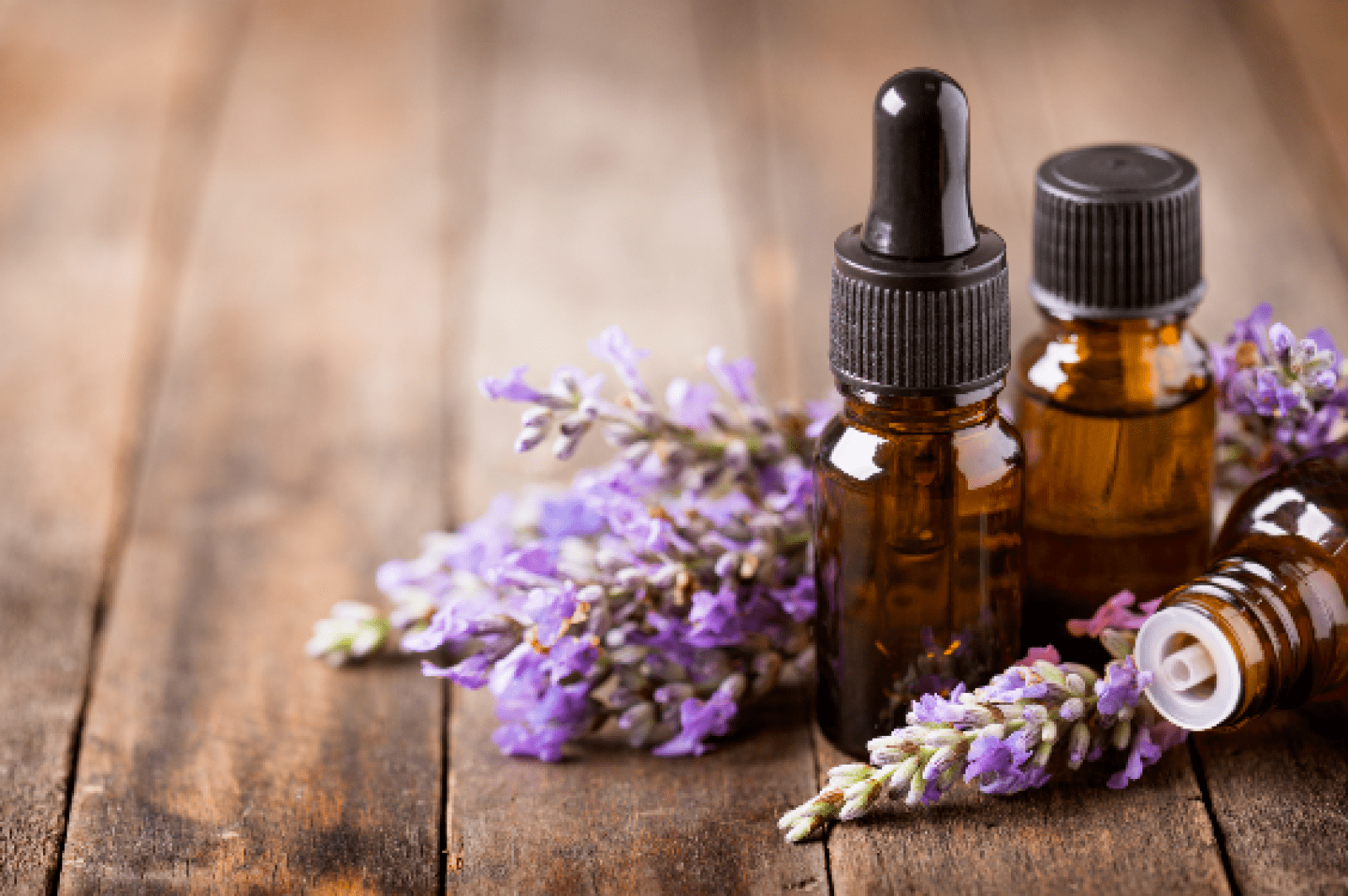Submit an enquiry to our Sales Manager
If you would like to receive more information about Ranfurly Village or arrange a visit, please complete the form below. Note: If you are making an employment enquiry, please click here.
{"data":[],"config":{"id":233,"content_id":null,"name":"Enquiry Form","type":"form","position":233,"active":1,"created_at":"2021-03-22T21:52:00.000000Z","updated_at":"2025-10-28T19:42:32.000000Z","content":"<p>If you would like to receive more information about Ranfurly Village or arrange a visit, please complete the form below. <span style=\"font-weight: 600;\" data-start=\"215\" data-end=\"224\">Note:<\/span> If you are making an employment enquiry, please <a style=\"background-color: #ffffff;\" href=\"\/about\/careers\"><span style=\"font-weight: 600;\">click here.<\/span><\/a><\/p>","description":"Submit an enquiry to our Sales Manager","sharpspring_url":"https:\/\/app-3QN8JU2KRI.marketingautomation.services\/webforms\/receivePostback\/MzawMDE1NzI3BgA\/","sharpspring_endpoint":"ef4eb202-5370-407d-96f2-993dbc727dc5","form_type":null,"template":"Register Modal","image":{"id":491,"parent_id":490,"name":"Sage-Paisley-Tile.png","description":null,"folder":null,"storage":"assets","size":76209,"extension":"png","mime_type":"image\/png","width":621,"height":620,"keywords":null,"usage":{"panels.233":"Enquiry Form","panels.245":"Download Village Brochure","panels.244":"Want To Know More","panels.424":"Want To Know More","panels.457":"Download the Sustainable Retirement Living Publication"},"created_at":"2022-01-27T23:16:15.000000Z","updated_at":"2025-11-19T21:55:33.000000Z","value":null,"_meta":null,"node_path":[{"id":490,"name":"Patterns","parent_id":null},{"id":491,"name":"Sage-Paisley-Tile.png","parent_id":490}],"readonly":null,"link":"\/asset\/491.png","readable_size":"74.42 kB","secured":false,"secured_token":"eyJ0eXAiOiJKV1QiLCJhbGciOiJIUzI1NiJ9.eyJzdG9yYWdlcyI6WyJzZWN1cmVfYXNzZXRzIl0sImZpbGUiOjQ5MX0.VKNKR8XCViVsPem_MXTHkg1x4z-dbItgGQVkI8guuPM","full_path":"490\/491"},"image_background_colour_preset":"White","fields":[{"id":53,"panel_id":233,"name":"first-name","title":"First name","data_type":"input-text","required":1,"auto_populated":null,"values":null,"position":53,"active":1,"created_at":"2025-10-28T19:39:21.000000Z","updated_at":"2025-10-28T19:42:24.000000Z","refs":null,"placeholder":null,"default_value":null},{"id":54,"panel_id":233,"name":"last-name","title":"Last name","data_type":"input-text","required":1,"auto_populated":null,"values":null,"position":54,"active":1,"created_at":"2025-10-28T19:39:37.000000Z","updated_at":"2025-10-28T19:42:28.000000Z","refs":null,"placeholder":null,"default_value":null},{"id":55,"panel_id":233,"name":"email","title":"Email address","data_type":"input-text","required":1,"auto_populated":null,"values":null,"position":55,"active":1,"created_at":"2025-10-28T19:39:51.000000Z","updated_at":"2025-10-28T19:42:29.000000Z","refs":null,"placeholder":null,"default_value":null},{"id":56,"panel_id":233,"name":"phone","title":"Phone number","data_type":"input-text","required":0,"auto_populated":null,"values":null,"position":56,"active":1,"created_at":"2025-10-28T19:40:04.000000Z","updated_at":"2025-10-28T19:42:30.000000Z","refs":null,"placeholder":null,"default_value":null},{"id":57,"panel_id":233,"name":"enquiry-type","title":"What best describes your enquiry?","data_type":"selectbox","required":1,"auto_populated":null,"values":"Sales Enquiry|sales-enquiry\nEmployment Enquiry|employment-enquiry\nOther|other","position":57,"active":1,"created_at":"2025-10-28T19:40:31.000000Z","updated_at":"2025-11-06T14:16:24.000000Z","refs":null,"placeholder":null,"default_value":null},{"id":58,"panel_id":233,"name":"care-type","title":"Are you looking for?","data_type":"selectbox","required":1,"auto_populated":null,"values":"Independent Living|independent-living\nServiced Apartment (Assisted Living)|serviced-apartment\nCare|care\nOther|other","position":58,"active":1,"created_at":"2025-10-28T19:41:07.000000Z","updated_at":"2025-10-29T10:47:49.000000Z","refs":null,"placeholder":null,"default_value":null},{"id":59,"panel_id":233,"name":"enquiry-for","title":"Who are you enquiring for?","data_type":"selectbox","required":1,"auto_populated":null,"values":"Myself|myself\nMyself and a Partner|myself-partner\nFamily Member or Friend|family-friend\nOther|other","position":59,"active":1,"created_at":"2025-10-28T19:41:39.000000Z","updated_at":"2025-10-28T19:42:31.000000Z","refs":null,"placeholder":null,"default_value":null},{"id":60,"panel_id":233,"name":"description","title":"How can we be of assistance?","data_type":"textarea","required":1,"auto_populated":null,"values":null,"position":60,"active":1,"created_at":"2025-10-28T19:42:08.000000Z","updated_at":"2025-10-28T19:42:32.000000Z","refs":null,"placeholder":null,"default_value":null}]}}

